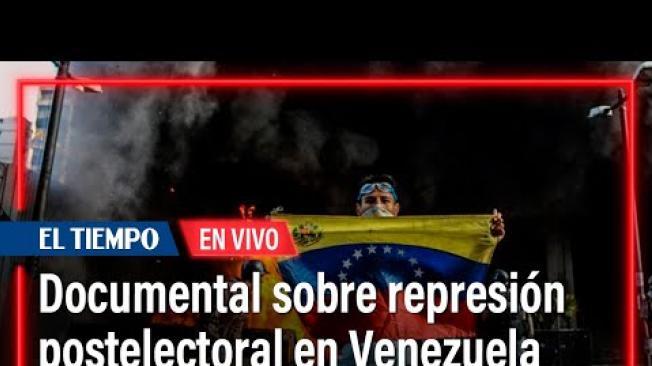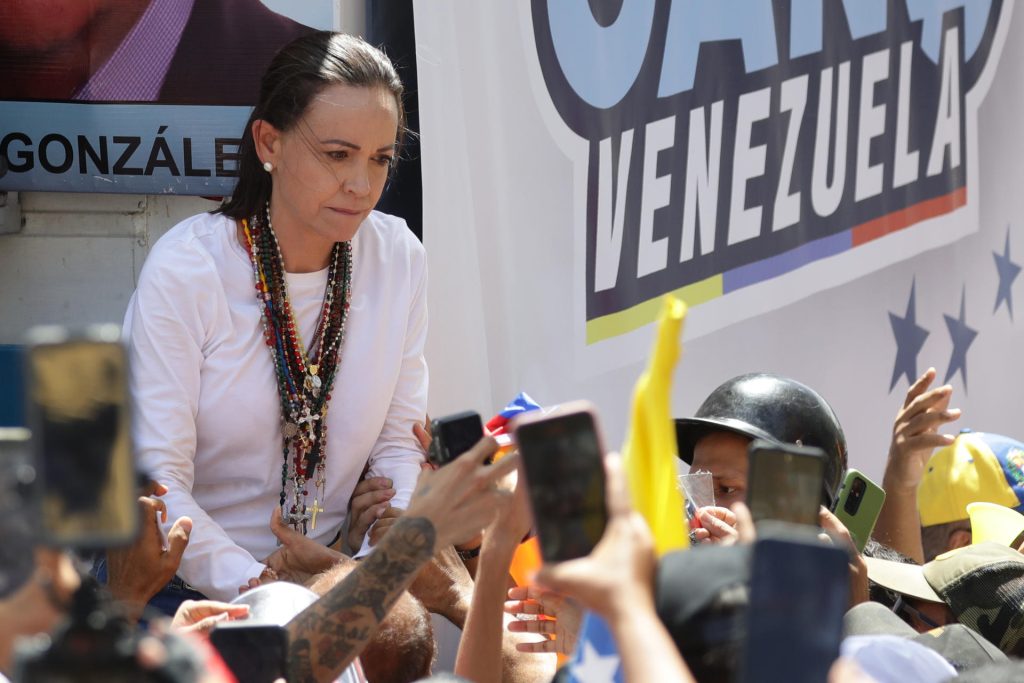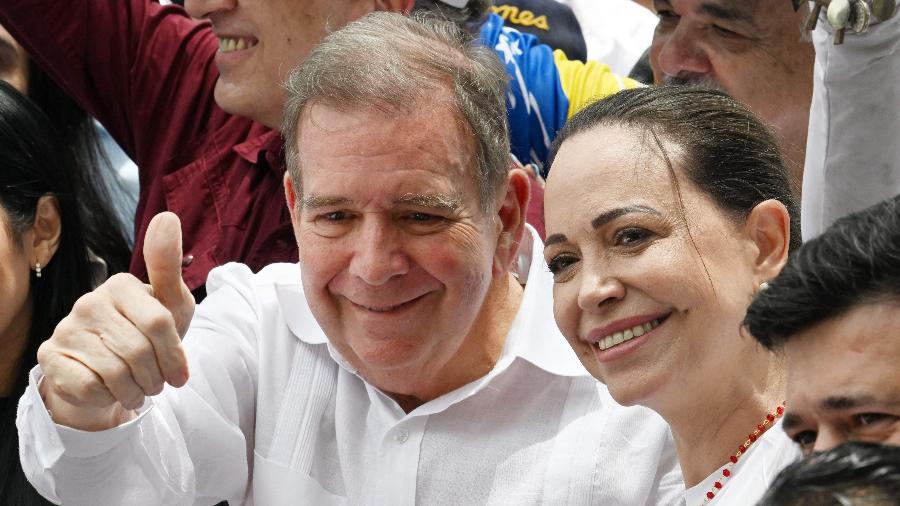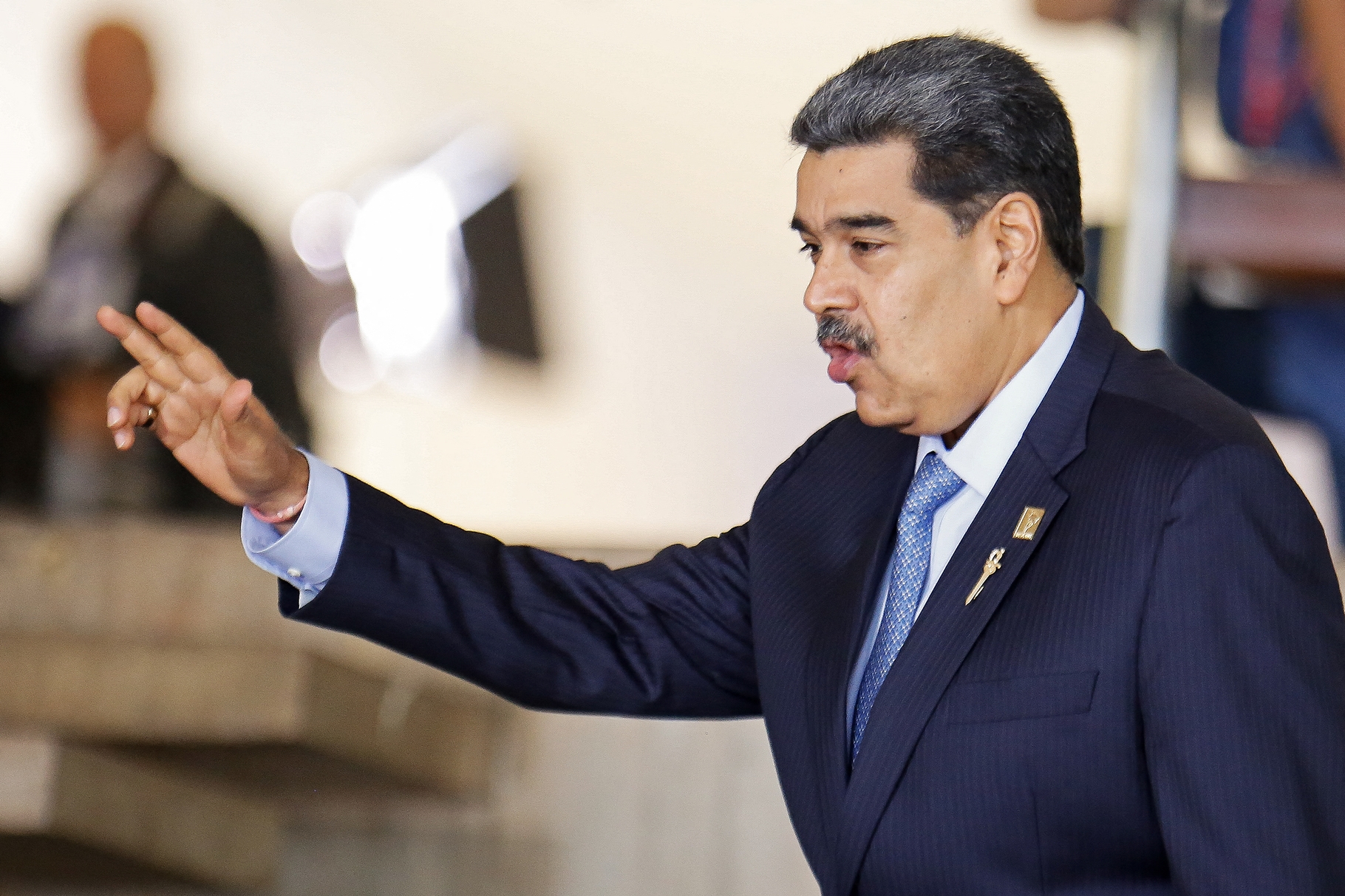“All Venezuelans know that Nicolás Maduro did not win the elections”: the details of the documentary that shows what happened during the July 28 voting

They present a documentary on post-electoral repression in Venezuela
—We chose that name because even the last Venezuelan in the most remote town, and even in the most distant country on the planet, knows that Edmundo González won the July 28 elections. Despite the propaganda of the government’s communications apparatus and despite the fraud, everyone knows what happened in Venezuela: Maduro stole the elections.
—The world and the world’s democracies have made it known. Even historical allies of Chavismo like Lula or Petro have had no choice but to say that until they prove it with minutes in hand – as the opposition did -, they will not recognize it.
The documentary can be divided into several aspects. On the one hand, it shows the people’s conviction of a peaceful change and that was reflected in the capacity that Venezuelans had to organize, to defend the vote, to achieve the miraculous action of having the minutes and that María Corina Machado could come out in 24 hours to say: “look here it is, we win by this percentage.”

EFE/ Ronald Peña R.
On the other hand, the documentary reflects the frustration of the robbery, but also shows you the pain that migration has created in the poorest families.
I feel that the documentary helps debunk some myths. For example, that the poor are with the government is not true. Those who star in the documentary are poor families from very popular, emblematic sectors of the capital city who organized to defend the vote.
The documentary shows you the desire and hope to continue fighting so that what happened on July 28 is respected.
—How did you manage to do it knowing the limitations of doing journalism in Venezuela?
—We filmed two families from the day before and throughout the day of the vote and after the results. One of the families had returned from Argentina to Venezuela to vote and to help in the process with the conviction that when Edmundo González won, they would stay in the country. The other family belongs to some ladies who had responsibility for the logistics of taking care of the vote and the electoral witnesses, of bringing them food and ensuring that they were well.

These two stories are the backbone of the documentary which, of course, also has statements from María Corina Machado, Juan Pablo Guanipa and other political protagonists such as Corina Yoris.
The documentary does not have credits at the end because the producers, editors, cameramen and others were afraid to give their names because they could be victims of government retaliation or repression.
—How can we have hope if it seems that nothing is going to change and that Maduro is going to be sworn in as president?
—That is a job that political protagonists have. People like María Corina Machado – who is the leader of this entire process – and who has given a testimony of courage by continuing in Venezuela.
Venezuelan society cannot abandon the desire for change to happen, because there is a record, proof that a vote was taken and that it was reaffirmed that Chavismo is a minority.

Photo: Sergio Lima / AFP
—How can we ensure that journalism is more than that record of the day and becomes that necessary proof for the future?
—With the work that Venezuelan journalists do to try to make important issues in Venezuela visible. That the government’s propaganda apparatus does not cover it up and avoid it has a lot of merit. We have to face the risks that doing journalism in the country represents for everyone, and in some way we have become a small counterweight to that immense disinformation apparatus that the Maduro government has.
What journalism has in these times of courage and effort is to focus on what is important, without risking life and freedom. Focus on what is important, on the issues that are sensitive and that are the ones that the government wants to cover up.
